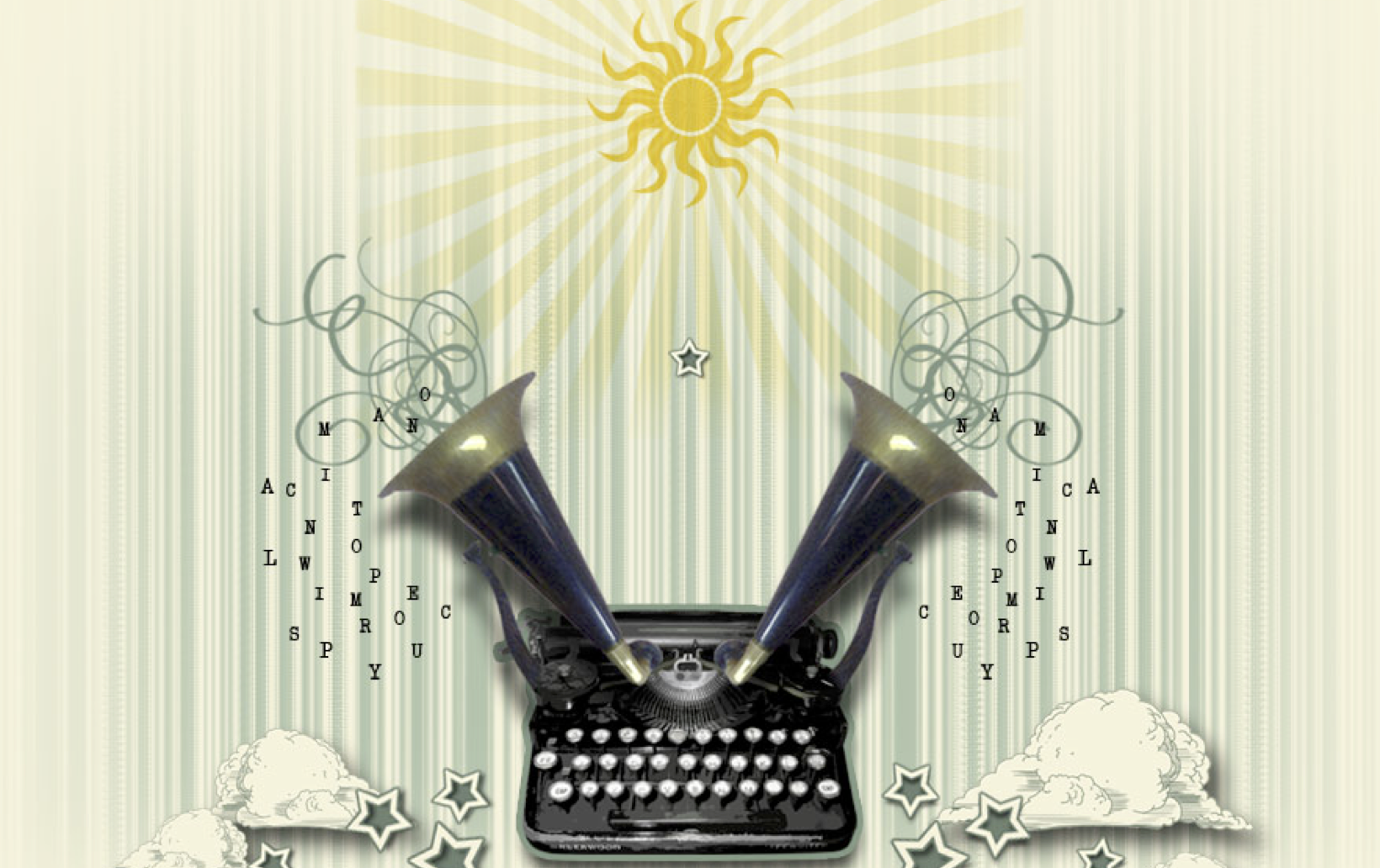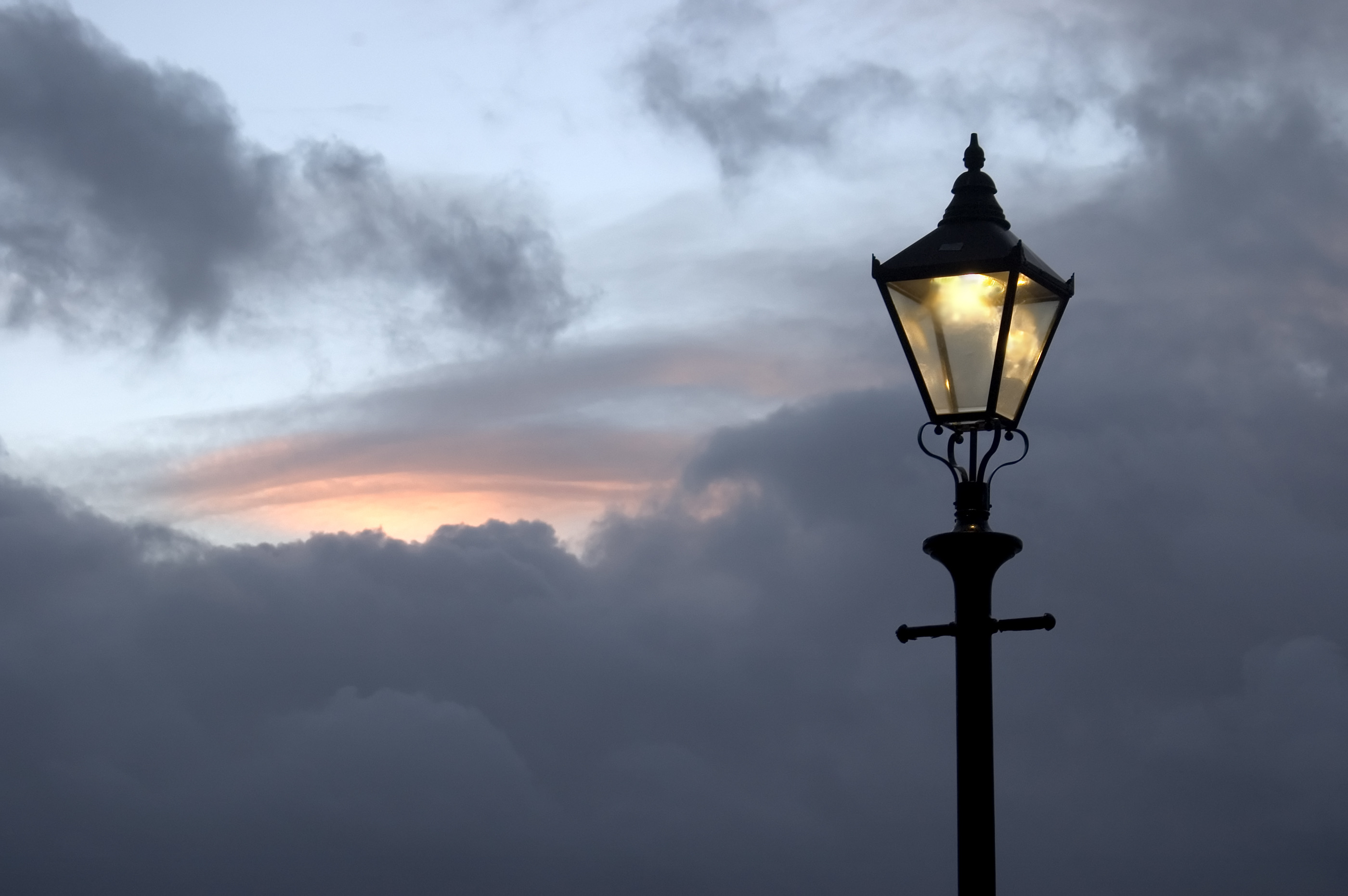


Grosse Pointe News - December 28, 2017
With newspaper subscriptions on the rise, I’m hopeful the most irritating phrase of 2017 — “fake news” — will fade from public discourse in 2018.
The phrase originated with a politician who called freedom of the press “disgusting” and admitted he hates journalists. Sad.
The press is sacred to liberty.
America’s founders knew democracy and journalistic freedom rise and fall together. They knew, and we know today, despotic leaders that suppress freedom begin by suppressing journalism.
Why? Because journalism flows from citizens and is owned by citizens.
In their book, “The Elements of Journalism,” Bill Kovach and Tom Rosentiel call news “the literature of civic life.”
The book outlines 10 news elements, the first two laying the foundation for the rest:
Anticipating the Jan 12 release of “The Post,” I dove into 1971 news archives for coverage of the historic battle between journalists and the government over the publication of the Pentagon Papers.
I read the laying out and building up of facts in context of the unfolding events. I read arguments favoring the right to publish the papers and arguments supporting the government’s efforts to suppress publication.
I read the assenting and dissenting opinions of U.S. Supreme Court justices on the ruling granting the freedom of speech clause in the First Amendment exists for the governed, not for those governing.
This ruling is rooted in the cause of America. The founders waged revolution because they believed reason would govern a nation much better than the rule of aristocracy.
Thomas Paine — the pamphleteer and political theorist who coined the phrase “United States of America” and proposed American independence from Great Britain in the most widely circulated writing in American history, “Common Sense” — viewed the press as society’s “tongue to the eye.”
“A man does not ask liberty beforehand to say something he has a mind to say but he becomes answerable afterwards for the atrocities he may utter,” Paine wrote in the 1806 essay “Liberty of the Press.”
Paine, and the founders, understood the distinction of the right of free speech and the responsibility of a free press, believing an enlightened citizenry will demand journalistic truth.
“Reason obeys itself; and ignorance submits to whatever is dictated to it,” Paine wrote in “Rights of Man.”
“Fair and balanced” are not goals or quality traits of news. Facts are not required to be fair or balanced, only to be true. Journalism gathers facts and verifies their accuracy.
And because recording facts without context can mislead, journalistic truth requires witness and transparency and works best when it is accountable to an engaged readership discerning real news from fake.
Like his friend Thomas Jefferson, Paine said a dishonest press has the same effect as suppression of the press.
“The liberty of the press is not the liberty of lying,” Paine wrote in an open letter in 1802.
In April 1776, he argued, in a response to Tory critiques of “Common Sense,” it is “duty of every good man” to assess “the honesty of the press,” as it is “as great an object to society as the freedom of it.”
In today’s networked age, when speed to market is tied to profit, journalists serve in verifying or refuting what anyone can publish.
Journalists are no longer gatekeepers of what is published as news, but they bring inquiry and verification to today’s news conversation, shining a light without assuming, judging or predicting. The role is not rooted in appeasing all equitable (fair) or recording statements from all sides evenly (balanced).
The foundation of journalistic truth is accuracy, laid out brick by brick, over time and in context, because truth is complicated.
And as the founders intended, journalistic independence demands the commitment to truth and loyalty to citizens without fear, favor or faction.